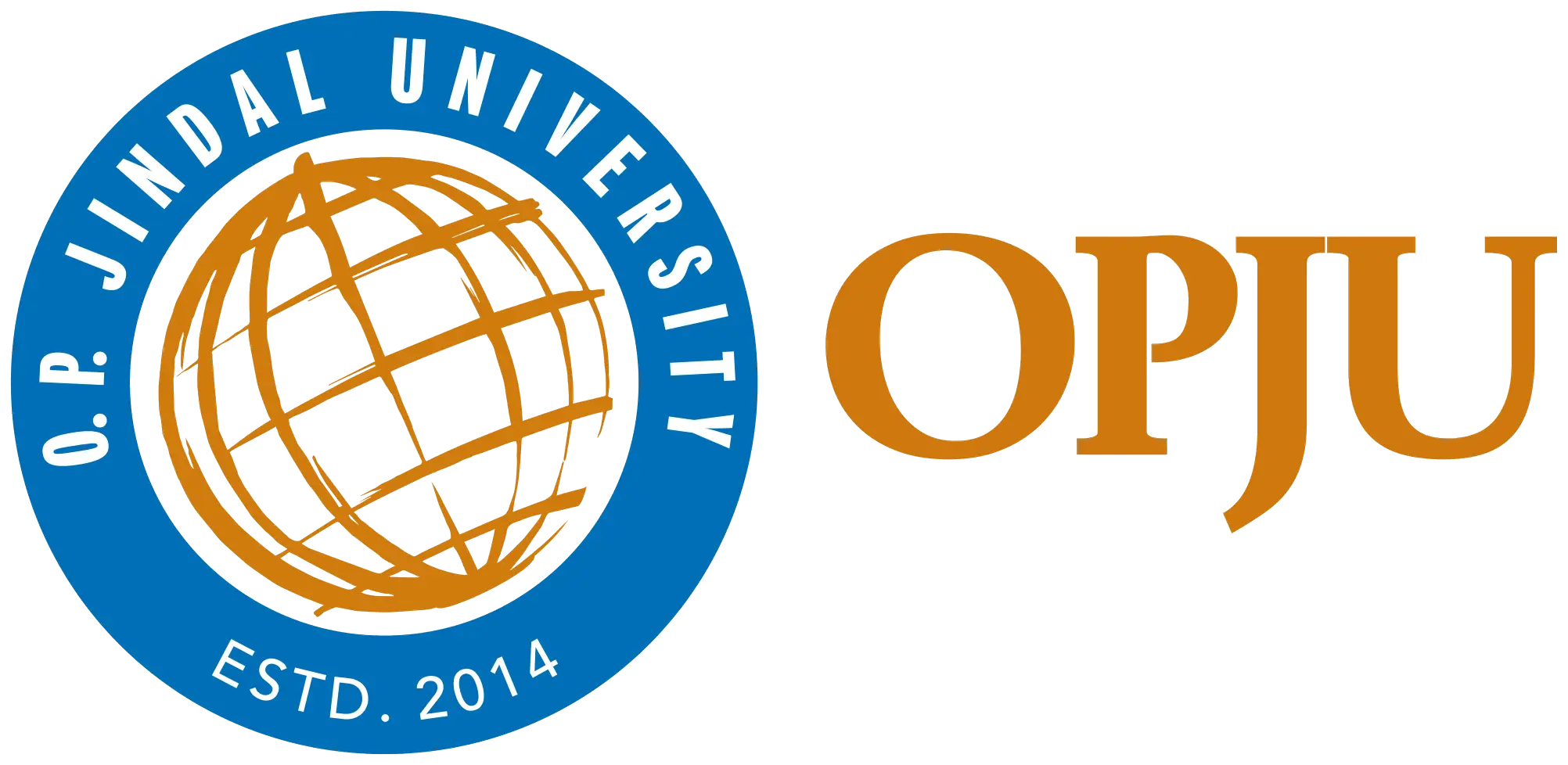The Doctor of Philosophy (Ph.D.) in Biotechnology at O. P. Jindal University is a research-driven program designed to cultivate advanced expertise in life sciences and biotechnological applications. Scholars develop deep knowledge, scientific reasoning, and technical proficiency to address challenges in healthcare, agriculture, industry, and environmental sustainability. The program nurtures innovation through areas such as microbial biotechnology, genetic engineering, industrial biotechnology, bioinformatics, environmental biotechnology, and bioprocess technology.
Through rigorous training in experimental methodologies, data analysis, and critical problem-solving, candidates engage with real-world issues ranging from sustainable energy solutions to next-generation therapeutics and bioproducts. The program also emphasizes strong communication, research ethics, leadership, and project management, equipping scholars for diverse career pathways in academia, pharmaceuticals, biotechnology industries, agriculture, environmental science, and scientific consultancy.
Graduates of the program emerge as innovators and leaders capable of driving advancements in science and technology, contributing to sustainable development, and shaping the future of biotechnology research and applications.




